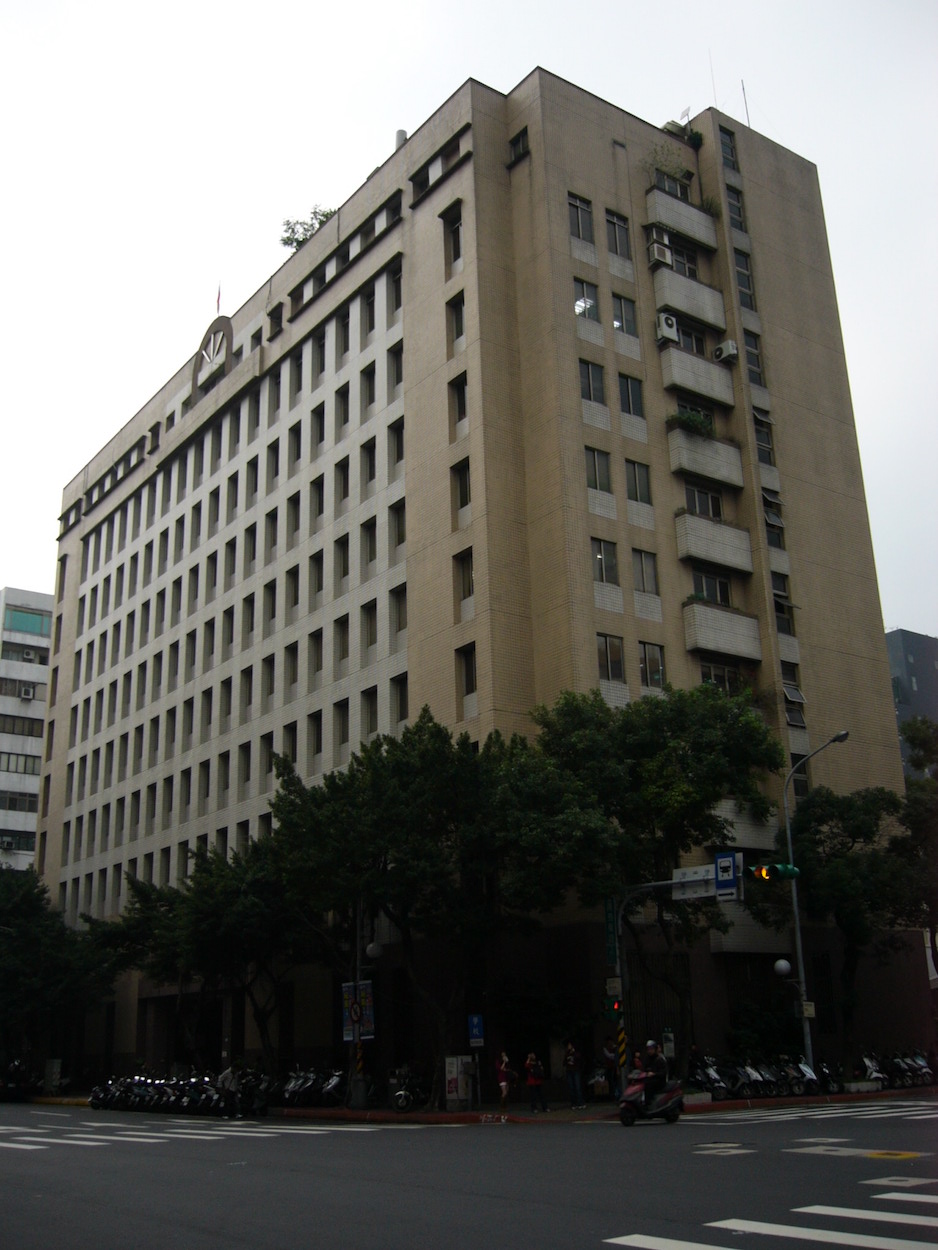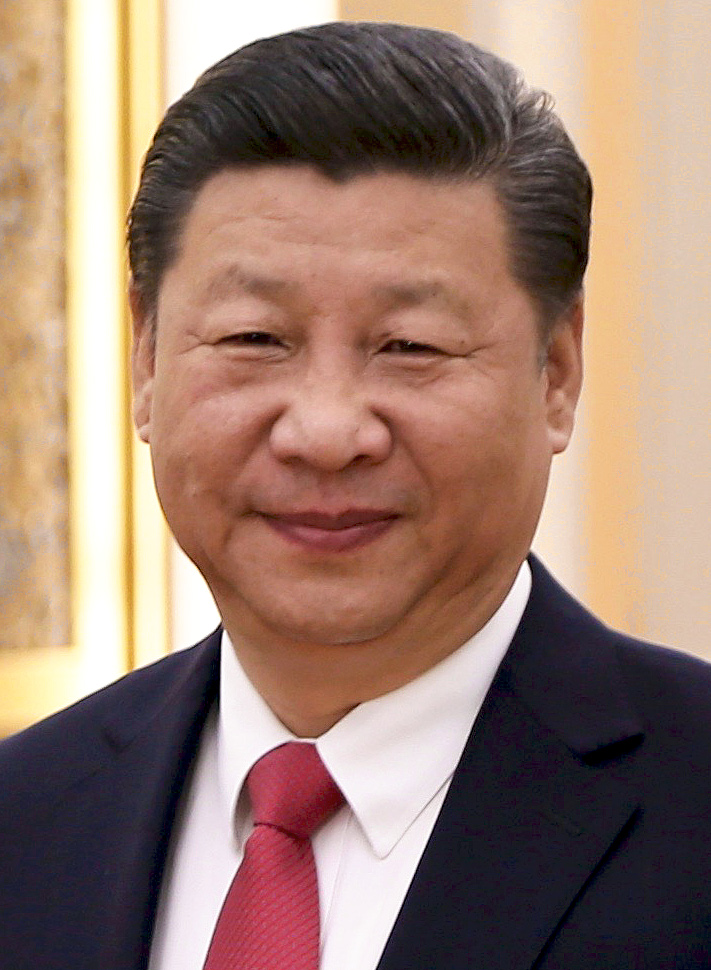by Brian Hioe
語言:
English
Photo Credit: Chi-Hung Lin/Flickr/CC
THE CENTRAL EPIDEMIC Command Center (CECC), which is coordinating efforts in Taiwan to combat the ongoing COVID-19 coronavirus epidemic, reported the first death in Taiwan due to the epidemic yesterday.
The man in question, a 61-year-old taxi driver from central Taiwan, was also one of the first two COVID-19 cases in Taiwan which resulted from domestic transmission, seeing as the man did not contract the coronavirus from traveling to China, Macau, or Hong Kong, but through ferrying passengers that had contracted COVID-19. The other case of COVID-19 in Taiwan resulting from domestic transmission is a male relative of the deceased man, who is in his 50s but is asymptomatic, demonstrating few visible symptoms of the virus.
 The Center for Disease Control in Taipei. Photo credit: Solomon203/WikiCommons/CC
The Center for Disease Control in Taipei. Photo credit: Solomon203/WikiCommons/CC
The deceased man died on Saturday from sepsis and pneumonia, after having begun coughing on January 27th and developed breathing problems on February 3rd, then becoming hospitalized due to issues with pneumonia. The deceased man had preexisting issues with diabetes and chronic Hepatitis B, which was likely a contributing factor in his death. The death was only announced yesterday, however. With permission from the family, the CECC took samples from the man for analysis before his cremation. The man was the nineteenth confirmed case of COVID-19 in Taiwan, while his relative was the twentieth confirmed case. 79 people who came in contact with the man have been tested for possibly having the virus.
More positively, the second COVID-19 patient to recover in Taiwan was also discharged from the hospital on Saturday. The individual in question was the tenth confirmed case of COVID-19 in Taiwan.
Fears have been raised that domestic transmission of COVID-19 will be an increasing threat going forward, the possibility of the so-called “community spread” of COVID-19 within Taiwan. As such, individuals who have traveled to not only China, Hong Kong, Macau, but also Singapore, and Thailand have been tagged in the national healthcare system as part of the information that comes up when such individuals visit the doctor, and testing has been expanded to allow people who traveled to other countries in the last fourteen days or who may have come in contact with people who have contracted COVID-19.
Responses by the government include continuing to step up the production of medical masks in Taiwan. Taiwan’s mask production output is to triple by the end of the month, making Taiwan the second largest producer of masks in the world, with the capacity to produce ten million masks per day. This may eliminate the need for mask rationing going forward.
Concerns have been raised that taxi drivers and other transportation workers could prove particularly vulnerable to contracting the COVID-19 coronavirus, due to frequently transporting passengers from other countries. The Kaohsiung city government is calling on taxi drivers who came in contact with passengers from the Westerham, a cruise ship that docked in Kaohsiung on February 4th, to come forward for testing. A passenger on the Westerham later tested positive for COVID-19, with the ship having previously been unable to dock in Guam, Japan, the Philippines, Taiwan, and Thailand due to travel restrictions. A campaign has also begun to distribute medical masks to bus drivers and other transportation workers that may be at risk for contracting COVID-19. The Westerham had more than 2,000 passengers.
Indeed, it is possible that other countries will begin requesting the travel histories for Taiwanese applying for visas. After much back and forth about whether Taiwan would be included in travel restrictions imposed on China, Macau, and Hong Kong, and in the wake of threats of economic sanctions from Taiwan, the government of the Philippines permitted flights to and from Taiwan to resume last week. However, the government of the Philippines will require Taiwanese to submit their travel histories when applying for visas.
 Chinese president Xi Jinping. Photo credit: US State Department/Public Domain
Chinese president Xi Jinping. Photo credit: US State Department/Public Domain
Concerns are on the rise regarding how the countermeasures or lack thereof of other countries will affect Taiwan, as well. Group tours from Taiwan to Japan have declined by thirty to forty percent, in part due to the perception in Taiwan that the Japanese government has not taken adequate measures to combat COVID-19, in failing to enforce travel restrictions for travelers from China. It is speculated in Taiwan that the Japanese government may fear a decline in Japanese tourism or may be attempting to downplay the COVID-19 outbreak for fear that this will affect the 2020 Tokyo Olympics. It also continues to be up in the air as to how Taiwanese passengers on a cruise liner docked in Yokohama under quarantine currently will be repatriated to Taiwan.
In the meantime, questions continue to raised regarding the actual amount of coronavirus patients reported by China, and as to whether China is underreporting statistics—though this is an entirely different matter than conspiratorial claims that the Chinese government accidentally posted the real numbers for the COVID-19 outbreak as circulated by Taiwanese English-language media outlets. Notably, a change in reporting criteria led to a large jump in the amount of reported COVID-19 cases last week.
In the wake of purported document leaks and a speech by Chinese president Xi Jinping, it is also questioned when the Chinese government knew about the outbreak, and at what point the highest levels of Chinese government authority became involved. If the Chinese government is proven to have attempted to initially cover up the virus outbreak, with high-level officials such as Xi having been involved in the cover-up, this would likely contribute to anger against the CCP in China, as well as prove damaging to the CCP’s political legitimacy.

